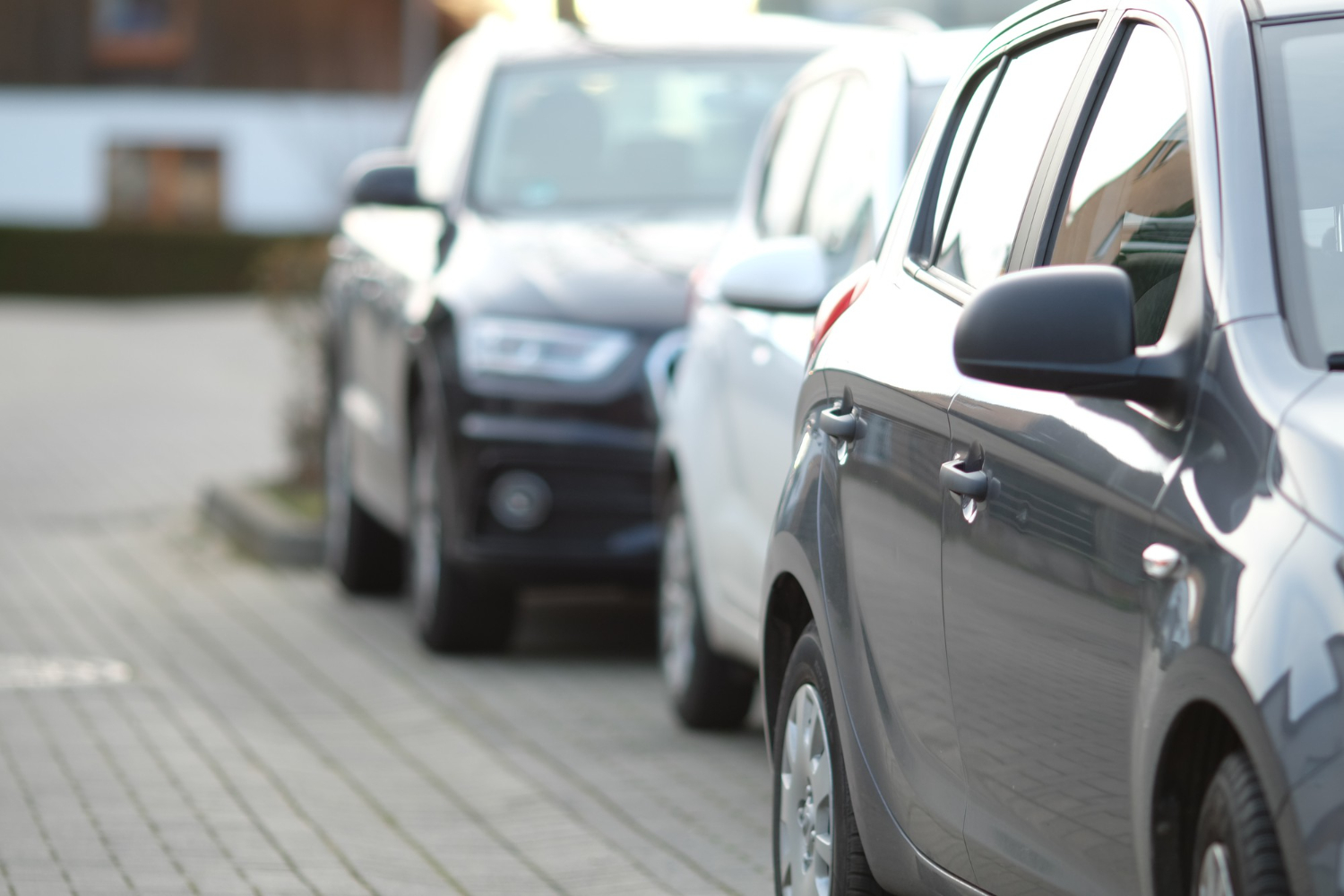
Electric and hybrid cars are gaining in popularity, in part because they help lower the amount of carbon emissions that are released into the atmosphere. But they’re not the only option for more environmentally friendly driving.
And hydrogen cars? They certainly have their role in the future.
Fuel cells, as opposed to a lithium-ion battery pack, are used by hydrogen automobiles, an electric vehicle type that does not consume fuel like gasoline cars do. The only byproduct of a hydrogen car, like an electric vehicle, is water vapor.
How do hydrogen cars work?
Since these are electric cars, their engines are fueled by electricity, much like battery-electric vehicles, or BEVs. What distinguishes the two types of automobiles is the way in which this energy is produced and reaches the engine.

While in conventional electric vehicles the electricity comes from the grid connection and is stored in batteries, usually lithium, in the FCEV (Full Cell Electric Vehicle technology) the energy is produced internally, in fuel cells, using hydrogen.
It is also feasible to fill up as quickly as in a diesel or gasoline car because the gas is kept in a tank that functions similarly to a fuel tank. From the tank, the hydrogen is sent to the fuel cells, where it splits into protons, which combine with oxygen to form water steam, and electrons, which produce the electrical current that powers the engine.
Advantages and disadvantages of hydrogen cars

- Greater autonomy
- Fast supply
- No emissions and noise
- Less weight
- Speed does not affect fuel consumption much.
- Better cold operation
- Good for remote areas
- Limited supply of cars at high prices
- Supply network almost does not exist
- More complex and expensive hydrogen transport and storage
- Production costs still high
- Green hydrogen with reduced production
- Hydrogen without being green pollutes a lot
Why aren’t more hydrogen cars?
As with battery electric cars, the development of hydrogen vehicles depends heavily on availability and encouragement from manufacturers, governments and international public institutions. If some segments of society and businesses have long opposed BEVs, it will take time for hydrogen vehicles to win them over. There is still little supply and high prices.

Universal Kraft together with Universal H2 work on green hydrogen solutions to optimize the decarbonization potential of renewables. Discover our solutions here.




